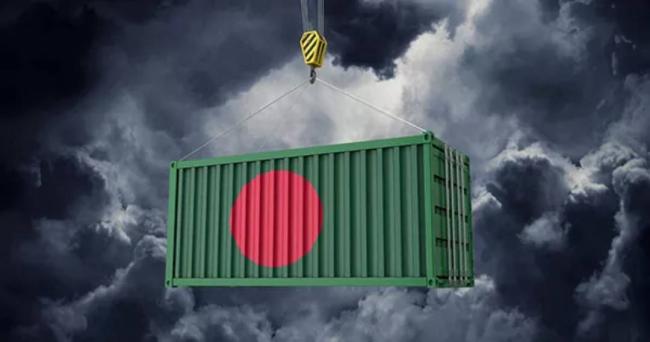Dropshipper Community of Bangladesh
 Posted On :26-05-2022
Posted On :26-05-2022

In 2025, there are many hot topics for the Bangladeshi Young generation for setting up their online business. The young generation is very aggressive about starting something of their own. Since our education system doesn't open our students' minds to become entrepreneurs at a young age, it causes many challenges to our fresh-minded people.
But thank you to the world of the Internet, especially social media, which has a significant role in today's world in both the downs and ups.

